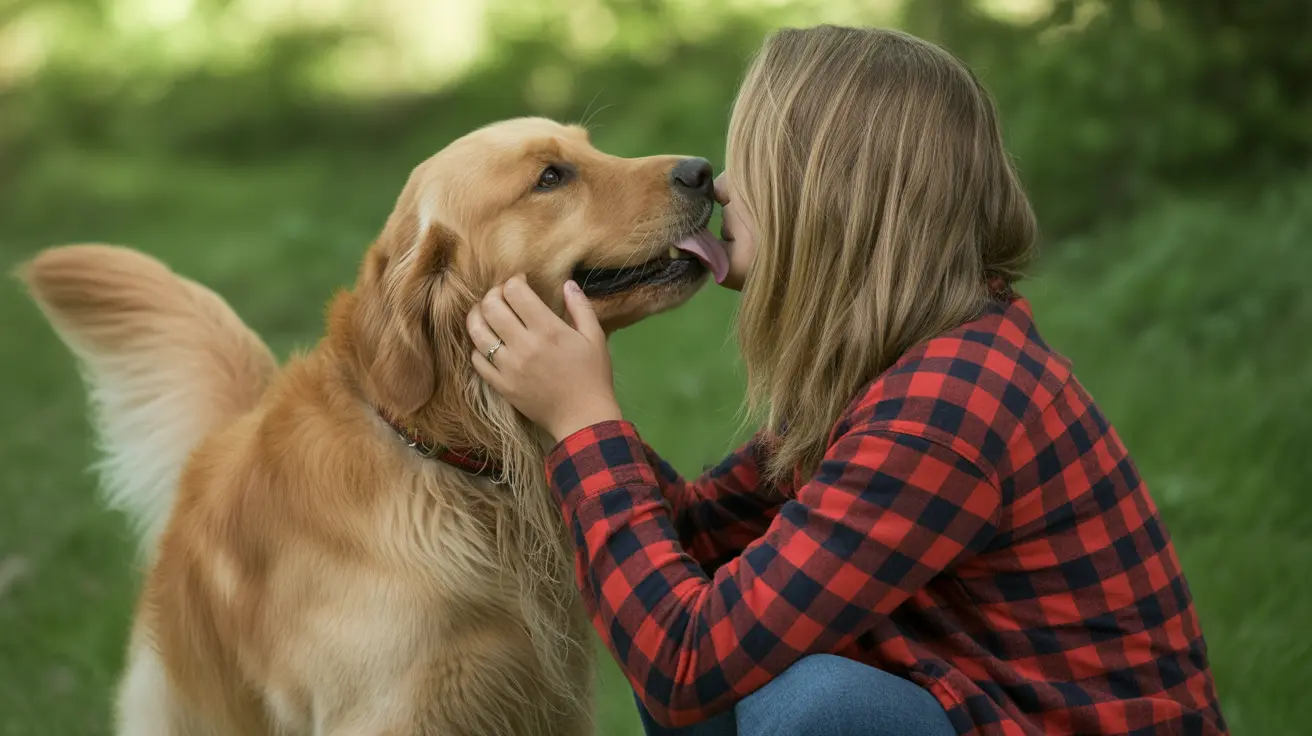Understanding Why Your Dog's Poop Is Black
When you notice your dog's poop turning black, it's natural to worry. While sometimes this change is harmless—linked to diet or medication—other times it points to serious health problems. Let's break down what black stool means for dogs, possible causes, and when you should seek veterinary help.
What Does Black Dog Poop Indicate?
Black, tarry stool in dogs is known as melena. This condition usually means there's digested blood in the upper gastrointestinal (GI) tract. As blood passes through the digestive system, it turns black and sticky due to stomach acids and enzymes breaking it down. Melena signals internal bleeding somewhere above the colon—often in the stomach or small intestine.
Common Causes of Black Stool in Dogs
There are several reasons your dog's poop might turn black. Some are less concerning than others:
- Gastric ulcers: Ulcers in the stomach lining can bleed, leading to melena.
- Intestinal parasites: Hookworms and whipworms may damage the GI tract and cause bleeding.
- Tumors: Growths in the digestive tract can bleed internally.
- Foreign objects: Ingesting sharp or irritating items can injure the gut lining.
- Certain medications: NSAIDs (like ibuprofen), corticosteroids, and even some supplements may irritate or ulcerate the GI tract.
- Toxins: Rat poison (anticoagulants) and other toxins disrupt clotting and can cause internal bleeding.
- Trauma: Blunt force injuries may result in bleeding inside the abdomen.
- Blood clotting disorders: Conditions like hemophilia or von Willebrand’s disease make dogs prone to internal bleeds.
- Liver, kidney, or pancreatic disease: These illnesses sometimes affect blood vessels or clotting factors.
- Addison’s disease: This metabolic disorder occasionally causes GI bleeding.
Dietary and Medication-Related Causes
If your dog recently ate organ meats (especially liver), dark-colored kibble, animal blood, treats with activated charcoal or black food coloring—or took iron supplements or bismuth-based medications like Pepto-Bismol—their stool might temporarily darken. In these cases, if your dog acts normal otherwise (no vomiting, lethargy, or loss of appetite), there's usually no need for alarm. Still, keep a close eye on them for any changes.
Other Medical Causes of Melena
Apart from diet and benign medications, more serious medical issues can be at play:
- Bacterial or viral infections (such as parvovirus)
- Cancerous tumors causing GI bleeding
- Surgery-related injuries to the digestive system
- Metabolic disorders affecting clotting ability
If melena appears alongside other symptoms like vomiting or diarrhea—or if your dog is very young, old, or already ill—the risk increases dramatically.
Warning Signs That Need Urgent Attention
If you spot any of these symptoms with black stool, call your vet immediately:
- Pale gums (a sign of anemia)
- Lethargy or collapse
- Painful abdomen or hunched posture
- Loss of appetite/refusing food
- Abdominal swelling/distension
- Bruising on skin/gums; pinpoint red spots on gums
- Rapid breathing or weakness
- Vomiting/diarrhea that doesn't resolve quickly
Puppies and elderly dogs deteriorate faster than healthy adults when facing internal bleeding. Don’t wait if you see these signs—early intervention saves lives.
The Difference Between Melena and Other Stool Changes
A quick note: bright red blood on stool (hematochezia) usually means lower GI bleeding (like from the colon). Black tarry stool points to upper GI issues. Sometimes old poop left outside turns black naturally—that's not a health concern unless it's fresh and tarry-looking.
How Vets Diagnose Black Stool Issues in Dogs
Your veterinarian will start by asking about recent diet changes, medications given (including over-the-counter drugs), toxin exposure risks, and any new behaviors. They’ll perform a physical exam and may recommend:
- Blood tests: To check for anemia, organ dysfunctions (liver/kidney), clotting problems.
- Fecal analysis: To identify parasites or infections.
- X-rays/ultrasound: To look for tumors, blockages, foreign bodies.
- Endoscopy/biopsy: For direct visualization of ulcers/tumors inside the digestive tract if needed.
The goal is to find out what's causing the melena so treatment can begin right away.
Treatment Options for Black Stool in Dogs
Treatment depends on what’s found during diagnosis but may include:
- Medications that protect the gut lining (antacids/sucralfate)
- Treatment for infections/parasites as needed
- Dietary changes if food is implicated
- Surgical removal of foreign objects/tumors if present
- I.V. fluids for dehydration
- BLOOD transfusions for severe anemia
If poisoning is suspected (like rat bait ingestion), emergency care is vital—never try home remedies for suspected internal bleeding!
Caring For Your Dog: Prevention Tips
- < li > Feed a high - quality , balanced diet recommended by your vet.< / li >< li > Only offer organ meats as advised; avoid excess iron - rich foods.< / li >< li > Never give human NSAIDs unless prescribed by a vet.< / li >< li > Keep all toxins , sharp objects , and unsafe foods out of reach.< / li >< li > Use regular parasite prevention.< / li >< li > Watch closely for changes in appetite , energy , behavior , and stool quality.< / li >< li > Bring a fresh stool sample & medication list when visiting your vet.< / li >





